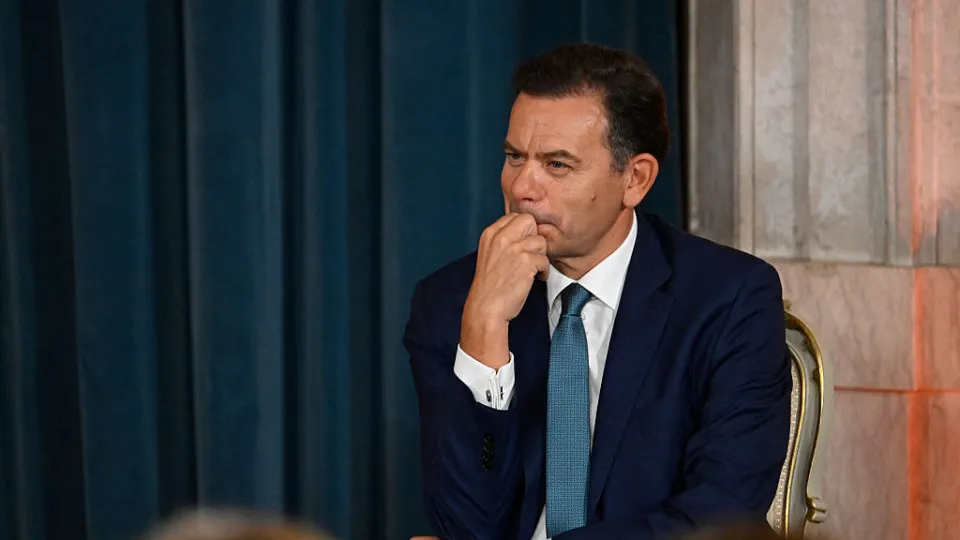
“We want to solve the problems of the people and the country’s issues. We are not interested in discussing whether we do it with more support, participation, or collaboration from Party A or Party B, and much less do we wish to meddle in some of the more jealous attitudes of one or the other,” said the Head of Government during a press conference in Brussels after a European Council meeting.
On the day when the committee votes on the proposed revision of the nationality law were postponed for the third time, with a vote scheduled for Friday, Luís Montenegro expressed hope that “the Assembly of the Republic can thoroughly, with the utmost diligence, complete its reflection to […] also conclude this modification.”
The aim is that, “alongside other [revisions] we have made in the legal framework, they provide us with a migration policy and a policy also through this assumption of nationality that can reflect what has always been our principle,” he added.
Luís Montenegro stressed that “Portugal is a welcoming country, that welcomes well, that wants to welcome well, but it is not a country with wide open doors,” which is why it is working on “regulating its immigration and […] the attribution of nationality to its citizens.”
“I sincerely hope that happens,” he continued.
Chega leader André Ventura warned today that the party would vote against the nationality law if the PSD does not accept its demands, including the automatic loss of nationality for those who commit serious crimes.
“I know there was a rapprochement between PSD and PS to circumvent these demands from Chega. Gentlemen, do as you please, there are issues that are decisive for us,” he emphasized, insisting that this is not “political tantrums” and that “the issue is truly one of values.”
The revision of the Portuguese nationality law is under debate in parliament, but the voting remains postponed.
The Government’s proposal seeks to extend residence periods for naturalization (for instance, from five to seven years for CPLP nationals and ten years for other nationals) and introduces a possible loss of nationality for naturalized individuals convicted of serious crimes.
On the other hand, PS advocates for shorter periods (such as five years for Portuguese-speaking countries or the European Union) and requests specific treatment for CPLP and EU citizens, warning of the impacts on foreign relations.
When questioned about the State Budget for 2026, whose general discussion begins on Monday, Luís Montenegro highlighted the “estimate [of the Executive] that the accounts will remain positive, despite all the challenges and difficulties,” as they have been this year.
Emphasizing that often the government’s forecasts have failed due to being more modest than the results, the Prime Minister assured that he has “no fetish” in keeping expectations low to exceed them.




